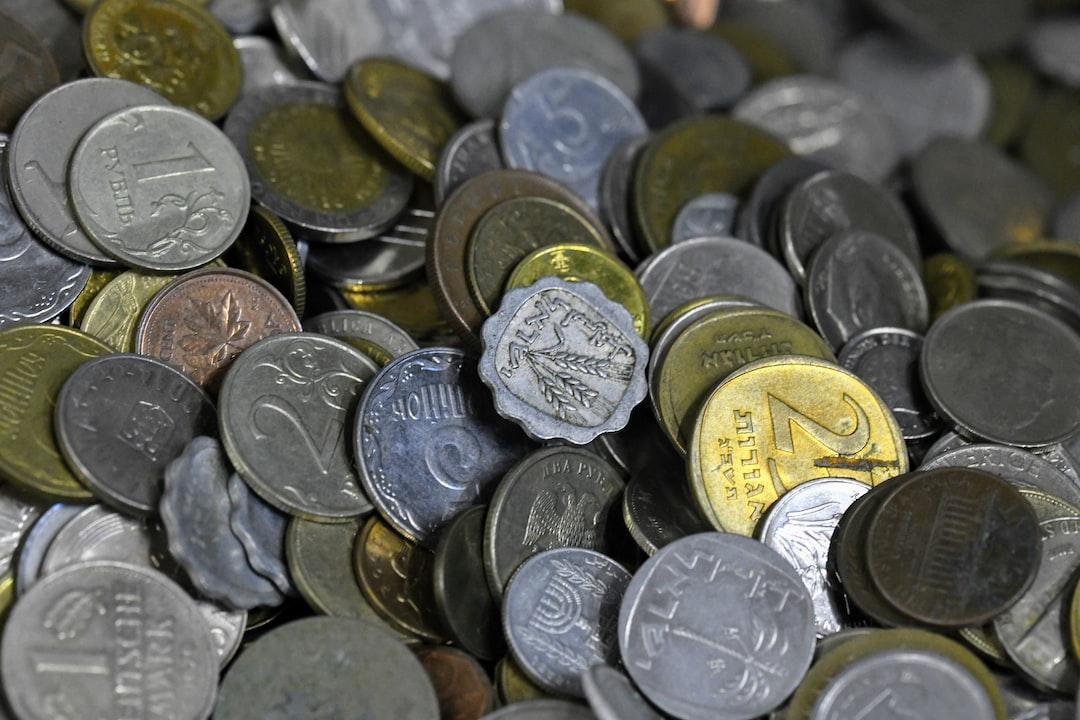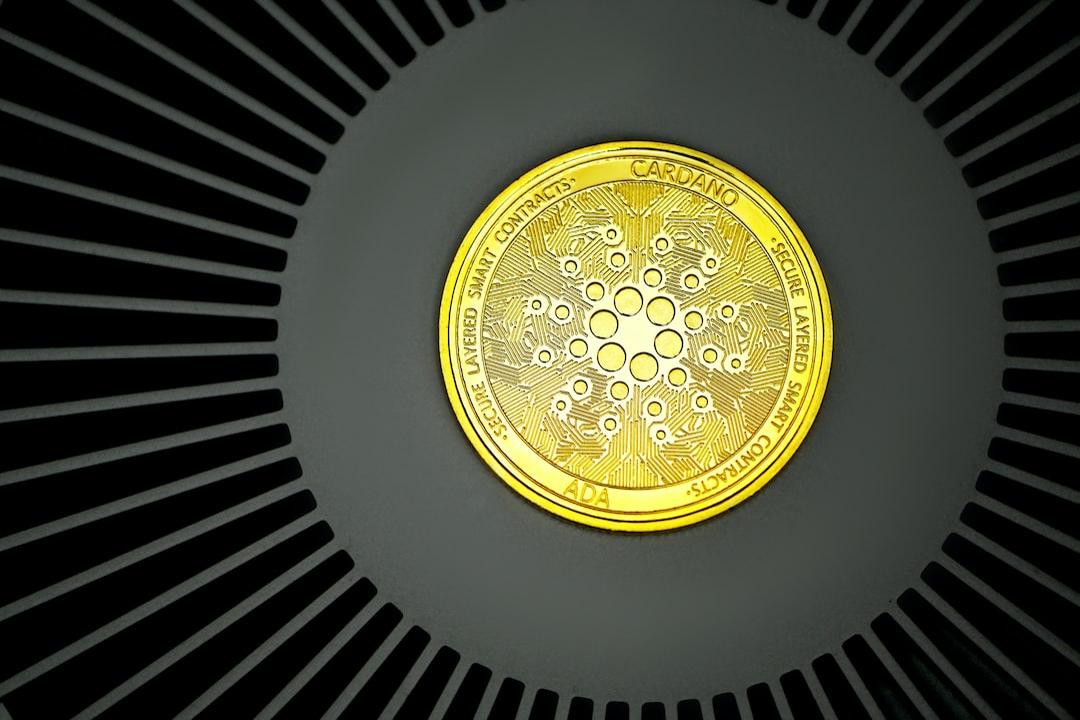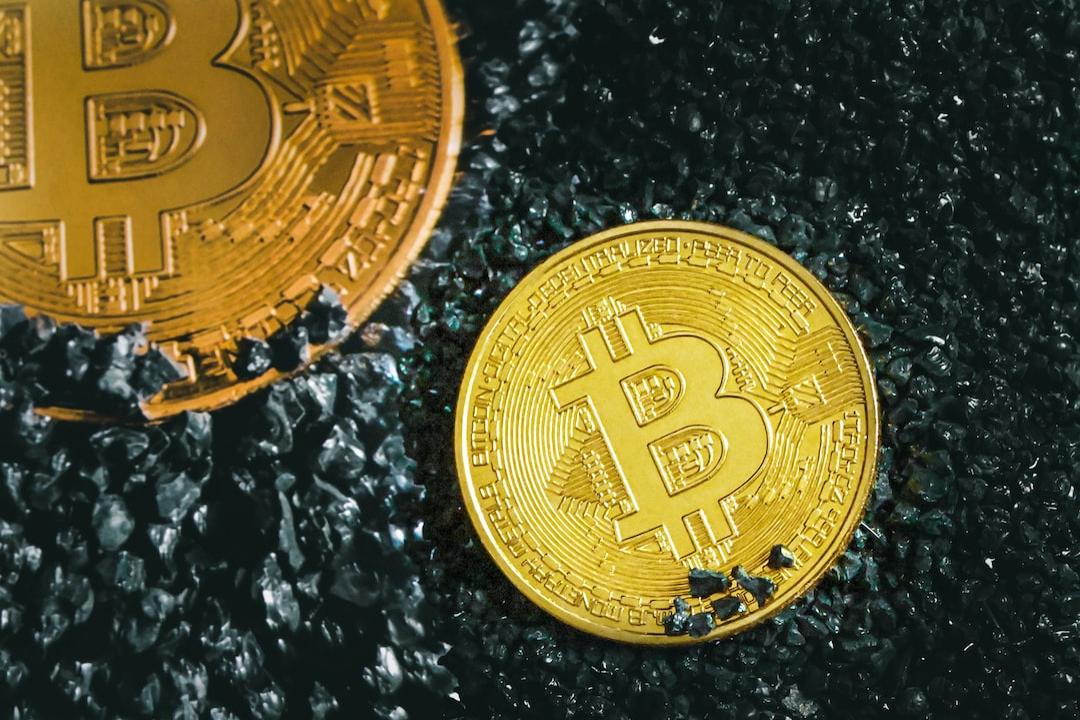ECB Report Acknowledges Gold Reached Second Place Amidst World’s Reserve Assets
A recent report by the European Central Bank (ECB) has confirmed the push that gold has received from the demand of central banks. The report states that, due to this increased demand, gold became the second-largest asset held by central banks, dethroning the euro.
According to the numbers offered in this report, gold reached 19.6% of all the funds held by these institutions, while the euro just represented 15.9%. However, the percentage of euros held for monetary reserve purposes has remained flat, not changing much since 2016.
The currency that has lost the most share is the current leader, the U.S. dollar, which has decreased from over 60% to just 46.5% of the world’s reserves. The report states that this shift from the U.S. dollar to gold is part of a “rush to quality.”

World Reserve Asset Percentages. Source: ECB report.
The EBC states that, according to a poll conducted by the World Gold Council, the main drivers behind this shift were related to gold being a long-term store of value and an inflation hedge, having good performance during times of crisis, and being an effective portfolio diversifier.
While de-dollarization was not one of the main causes behind this, the report claims that geopolitical incidents influence these changes, noticing that this trend surged “sharply in the wake of Russia’s full-scale invasion of Ukraine in 2022 and has remained high.”
While the recent price action indicates that a slowdown might be near, analysts believe that the international backdrop might continue to power this trend. Janet Mui, CFA, head of market analysis at RBC Brewin Dolphin, told CNBC that “on a long-term basis, the uncertain geopolitical backdrop and desire for diversification will support the accumulation of gold as reserves.”
Read more: Central Banks Accelerate Gold Buying as De-Dollarization Heats up






